- Get link
- X
- Other Apps

When most people think of nuclear weapons, the first thing that comes to their mind is the bombs dropped on Hiroshima and Nagasaki. However, this is only a small part of the nuclear history of our world. And although many are aware of the incidents in Chernobyl, Three Mile Island and Fukushima — the whole world has learned about them — there are a lot of dangers in the nuclear power industry that are not given due attention. What most people know about the “peaceful atom” is just the tip of the iceberg of nuclear technology, and some things deserve more attention.
Reactor in Fukushima still not curbed
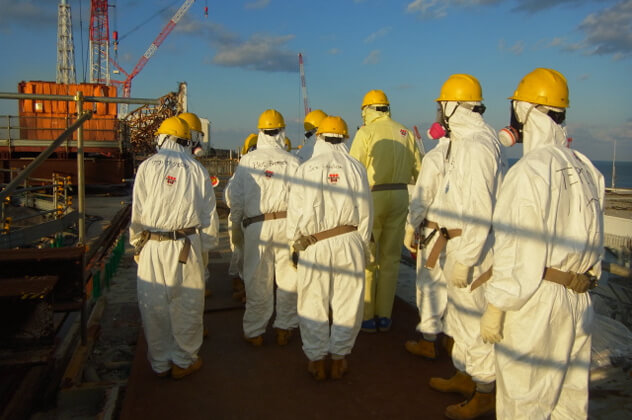
In 2011, the Japanese city of Fukushima struck a devastating tsunami, which gave rise to numerous destruction of the city. Unfortunately, the tsunami itself became only a harbinger of real ills. One of the city’s nuclear reactors went down, and radiation was released into the atmosphere in the Fukushima area. The government made tremendous efforts to clean up, and TEPCO - the company responsible for the plant - showed the world that it took control. In the end, the news cycle passed, and people decided that the disaster in Fukushima was over. In fact, it has just begun.
To begin with, TEPCO quickly loses the confidence of the Japanese public and the patience of the government, because it suffers one failure after another. Not so long ago, it was discovered that the company had not reported a rainwater leak for as much as 10 months. When it turned out, the company tried to justify that it wanted to report this, along with a bunch of other things, which also came at random. The leak was serious enough that TEPCO had to throw all its energy into calming down local fishermen.
The problem is that the reactor that has melted is under water, like most of the damaged plant. Along with high levels of radiation, this seriously complicates the process of closing the reactor. Not long ago, a robot was sent that was supposed to provide employees with a clear picture of what needs to be done. However, he lasted only an hour before a high level of radiation did not destroy him and buried him at the station. It will take about 50 billion dollars and several years to finally shut down damaged reactors.
Becoming a nuclear power is quite difficult.
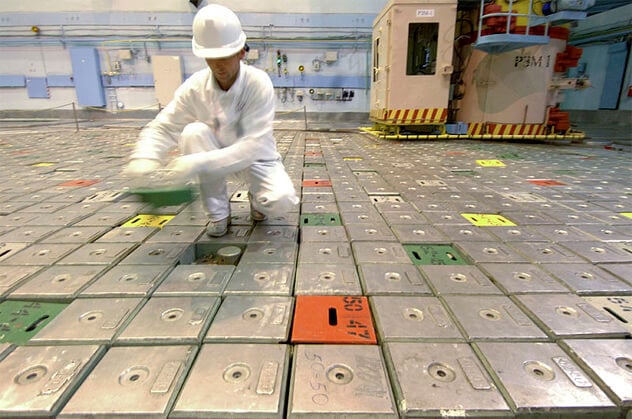
Many people are concerned that some countries are going to acquire nuclear weapons under the nose of the international community, and then send them to their enemies - thereby starting a nuclear war that will destroy most of the globe. Do not worry, because in order to become a fully nuclear power in terms of weapons, you need a lot of money, time, and this will undoubtedly attract any attention.
The process itself, which is extremely complex, begins with the acquisition of radioactive elements - in large quantities. And although this is not always difficult, the number of orders invariably entail questions from interested parties. In addition, nuclear science is very complex, and there are not many experts in the world with the proper knowledge. With all this, the centrifuge technology used in the production of nuclear weapons is extremely classified, so the future nuclear power will have to steal it and start producing the necessary installations on a large scale. That is, although it is quite possible to become a nuclear power, it will not work to do this without attracting the attention of the world community.
There is an absurd number of burials with leaks
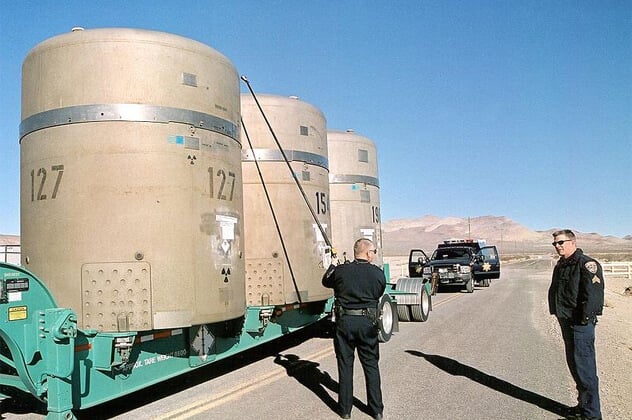
As we said, TEPCO faced certain problems of leaks from its nuclear waste storage facilities, but given the exceptional circumstances of the tsunami, this was to be expected. Nevertheless, in many cases, especially in the USA, the storage sites for nuclear waste flow very strongly, and we practically cannot cope with this problem.
In the US, for example, the only permanent storage facility for such waste is located in Carlsbad, New Mexico. In this city, many people mined potassium, so they were not against the idea of placing nuclear waste underground if it brought money to the city. However, a serious leak recently occurred, and thirteen employees were exposed to high levels of radiation. Although none of the victims have yet identified the effects of radiation sickness (this can happen even after fifteen years), people began to doubt that the storage of nuclear waste under the city is a sensible idea. The city began to doubt the wisdom of its former decision.
There is also a place in Hanford, Washington, which was once a major plutonium enrichment center. It was subsequently closed, but the cleaning continues to this day. Most of the waste is in a pile of huge underground tanks, and many watchdog groups complained that the tanks are leaking, and the government is acting too slowly, taking no action to prevent radiation from entering the environment. Recently it turned out that one tank had leaked, and this leakage was discovered only a year later. So it goes.
No one wants to store waste
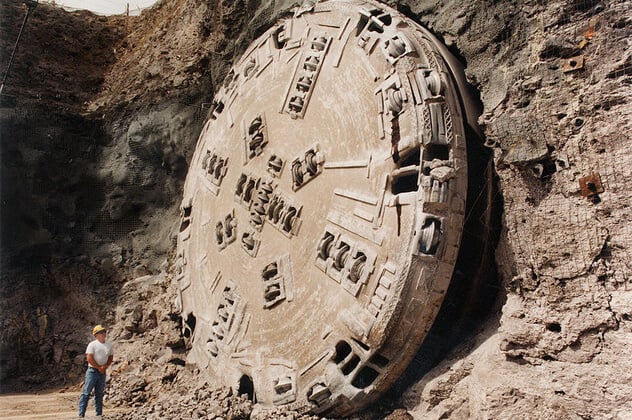
Although everyone is afraid of accidents at nuclear reactors, many do not think about the huge amount of nuclear waste that we have to store. Given the long half-life of most radioactive substances, this waste presents a significant problem. And the fact that radioactive material is extremely difficult to keep safe, even if it is small, complicates the problem even more. Obviously, no one wants to live near the waste of the nuclear industry.
Not so long ago, we wrote about a project on which the United States (a painful problem) planned to create a nuclear waste repository at Yucca Mountain in Nevada. The project was opposed by President Obama and Senate community leader Harry Reid, originally from Nevada. Even research on the security of the proposed site failed to convince the powerful opposition. Obviously, people have an irrational fear when they are offered to bury nuclear waste in the backyard.
Radiation kills quietly
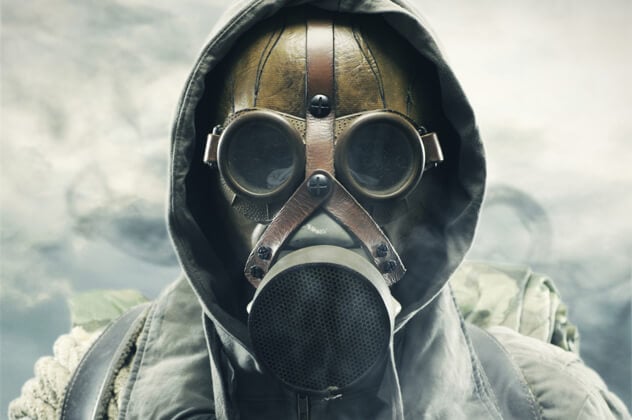
Most people believe that radiation is born in the process of serious accidents, but radiation actually surrounds us - sometimes even when we do not suspect it. Radioactive - and very dangerous - radon gas is formed during the decay of uranium. Uranium is present almost everywhere on Earth, which means that the radioactive background is constantly present. Yes, in most cases, people are safe, but sometimes radiation gives them lung cancer.
The EPA estimates that radon kills 20,000 people a year, making it the second most common cause of lung cancer — the second after cigarettes. Since radon is easily accumulated in homes, it is recommended to check them for radioactivity every couple of years. Of course, this is not about all of us. If a high level of radiation is detected, experts are connected to the case. As we learn more about this problem, people believe that radon warnings should become mandatory, just as widespread lead contamination is gradually revealed.
Specific Absorption Rate

The idea that mobile phones can cause cancer has been floating for quite some time and remains deeply controversial. Numerous studies have been conducted on this topic, but not one has conclusively proved the presence of any significant risk or any degree of danger. Most people think that they are safe, but then try to convince everyone.
The FCC sets standards for the specific absorption rate (SAR) of mobile phones. All manufacturers are required to test their SAR models and post the results in the phone’s user’s manual. Nevertheless, many people do not understand that the specific absorption rate works only if you hold the phone in a certain way.
Many handset manufacturers recommend keeping the handset far from the ear than you can imagine. Some models are tested for radiation only when you hold the phone to the body, the distance to the head is not taken into account. Read the operating instructions and follow them if you want to remain safe and sound.
Cold fusion myth
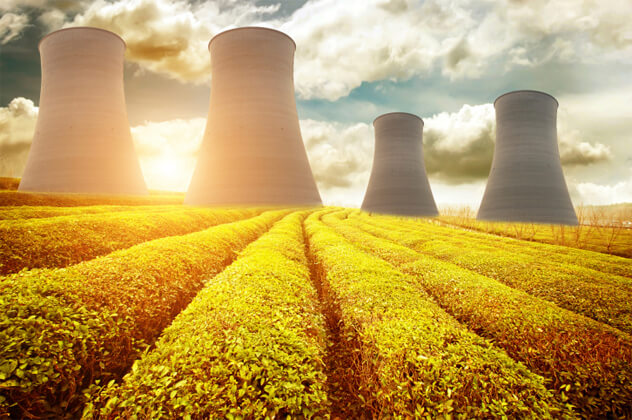
Nearly twenty years ago, scientists Martin Fleiman and Stanley Pont stated that they had found a way to create a nuclear reaction at room temperature. This phenomenon has become known as "cold fusion." If we could launch it, we would be provided with nuclear energy for a long time, free from radiation and environmental pollution. Understandably, people were inspired by the statements of scientists and began to try, try, try.
They were disappointed. No one has managed to repeat the experiment of scientists and no one has yet derived a theoretical model of this very cold synthesis. Although statements about the possibility of cold synthesis are heard everywhere, skeptics remain adamant. And, apparently, they will have plenty more food for this. Truly peaceful atom remains inaccessible.
Low levels of radiation exposure
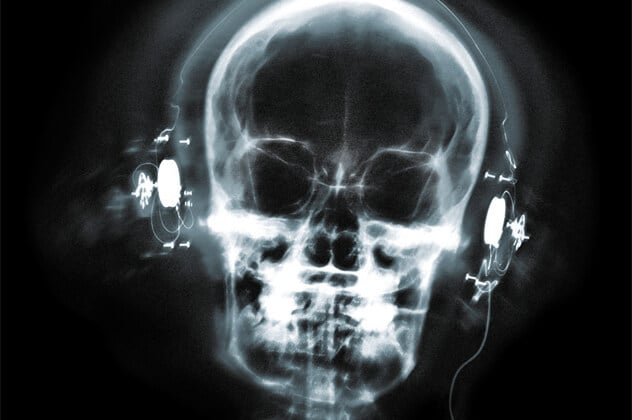
Sometimes people forget that science is not omnipresent - there are many scientists in the world, and how many scientists, so many different opinions. When it comes to radiation exposure, scientists divide. Some believe that any level of radiation exposure would be harmful, at least theoretically. They insist that we stay away from any radiation, even that used in medical equipment, unless irradiation is vital.
On the other hand, some scientists argue that even prolonged exposure to low-level radiation can be completely harmless. John Cameron of the University of Wisconsin-Madison believes that it can be useful at all, because small doses of radiation trigger the immune system. But as we have said, the scientific community has not yet come to a single answer. Studies are being conducted on both fronts, although they remain inconclusive. The answer to the question about the benefits or harms of radiation exposure will play an important role in our battle with cancer.
Over 2000 atomic bombs tested worldwide
When it comes to nuclear explosions, we remember Hiroshima and Nagasaki. We are talking about the Chernobyl disaster and the recent accident in Fukushima. Many complain of high levels of radiation in the environment as a result of exposure to these weapons and suggest the need to take action. The truth is that everything is a drop in the ocean compared to the absurd number of nuclear bombs that have been blown up all over the world. For the most part, they are rarely used as weapons - before the nuclear states declare their rights to the world, the nuclear powers try to test them thoroughly.
For the same purpose, countries like the United States, Russia, Britain, France, for several decades conducted an insane number of nuclear tests. The frame-by-frame video above shows all the bombs that were exploded during the trials from 1945 until recent trials in Pakistan and North Korea. The numbers are scary - for several decades we have detonated more than 2,000 bombs around the globe. One can only imagine what level of radiation in our world was before we began to spoil it with nuclear explosions.
The threat of North Korea’s nuclear program
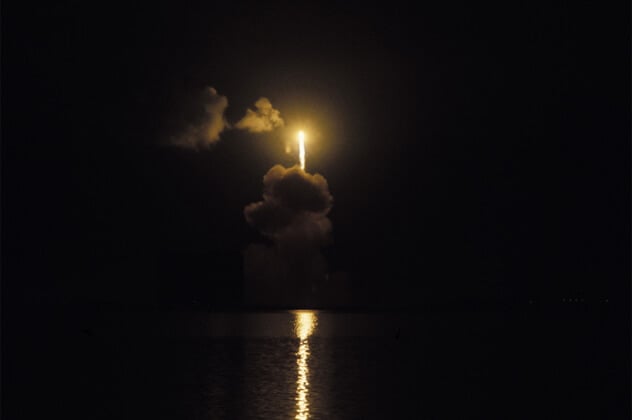
Many people are extremely concerned about the development of countries' nuclear programs around the world, and in recent years, the international community has turned to Iran and North Korea. Not long ago, the UN Security Council, in alliance with Germany and the EU, concluded a historic agreement with Iran that prevents the development of nuclear weapons. In turn, the alliance will lift many sanctions against Iran, and the country will be able to develop in this direction to solve energy problems, albeit within close limits. However, no one ever worried about Iran - the country has a fairly stable government and there are no plans to bomb the neighboring states. Can not be said about North Korea.
Many people start laughing when North Korea threatens the world, but in recent years, the DPRK has conducted so many nuclear weapons tests that its threats are beginning to take shape. Since trials were followed by sanctions from the international community, it obviously takes the threat seriously. Since the last tests in 2013, the DPRK seemed to have miniaturized a warhead so that it could fit in an ordinary rocket. People are skeptical about the North Korean combat effectiveness, but the country has enough enriched material for missiles and it keeps secrets very well. The question is, will she be able to dump the valuable burden on her neighbor's head and dare to do it in principle?
Based on listverse.com
The article is based on materials .
- Get link
- X
- Other Apps
Comments
Post a Comment